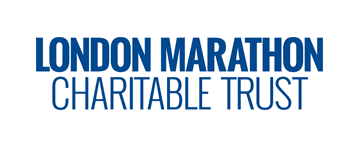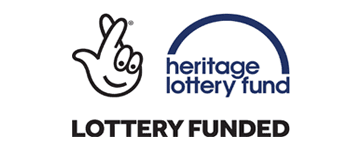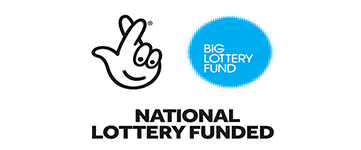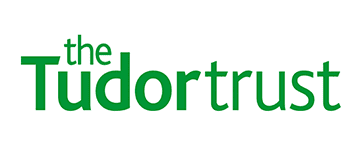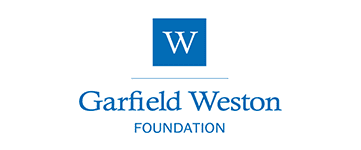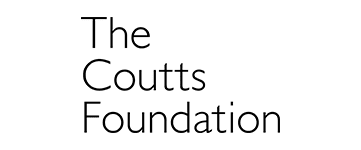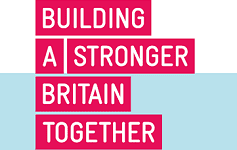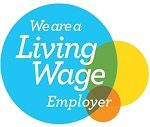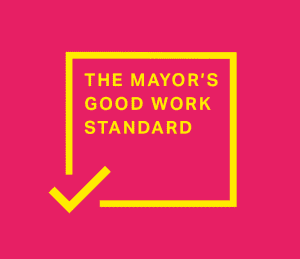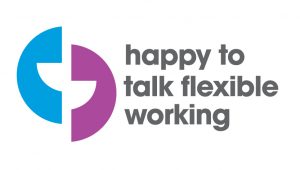More people are seeking debt advice but many are still struggling to stay afloat

By Carl Packman, Research and Good Practice Manager
Toynbee Hall’s Research and Good Practice Manager Carl Packman, takes a look at what’s behind the numbers coming out of the latest publications on debt.
Figures published last week by PayPlan revealed that the average UK borrower struggling with debt owes nearly £17,000. This week debt advice charity StepChange found that more people contacted them in the first half of 2016 than any previous six-month period.
313,679 people contacted StepChange for help between January and June 2016, up 11 per cent on the same period in 2015. Moreover the average unsecured debt of their clients in the first six months of 2016 was £13,826.
One notable area of concern they found with their clients’ debt was the stock of loans taken from family and friends: some 28 per cent of their clients now have such debts compared to 20 per cent in the first half of 2014.
By demographic, StepChange clients are younger, more likely to be renting and more likely to be working. They find that more of their clients are in work than in any period since 2011. However, the proportion of clients in part-time work or self-employed is steadily increasing.
The highest level of demand comes from the North East, with 68 clients being seen per 10,000 local population, which overtakes London. However the highest number of clients continues to come from London, with over 50,000 in the first half of 2016.
While on one hand it is encouraging that people are seeking help from advice services rather than dealing with complex financial issues alone, it is very dispiriting to see the increase in StepChange clients struggling.”
Debts with friends and family, evidently on the rise, tells a worrying story about how well people are coping with borrowing. Such informal loans are often free of interest charges and are therefore among the cheapest options available to people. But even these arrangements – such as with the “Bank of Mum and Dad” – are not without their problems.
Finally the number of people in contact with StepChange finishing debt advice with a negative budget illustrates just how difficult many people’s circumstances currently are. The very fact that clients are still without sufficient income at the end of the month shows that current advice solutions are not enough.
This begs a fundamental question: what do advice services tell people who have already cut back on everything? This isn’t just for StepChange to think about but all advice agencies. How should advice services change when clients are finishing with negative budgets? What more can we tell people who are only spending on absolute essentials and/or debt repayments?
As struggling households take the necessary measures to manage their own financial crises, it’s very often their external circumstances which are pushing them to the edge. StepChange’s report reminds us all of some very difficult conversations we in the advice sector need to have for the future.”




